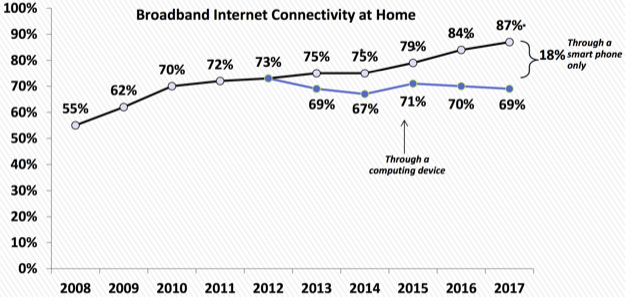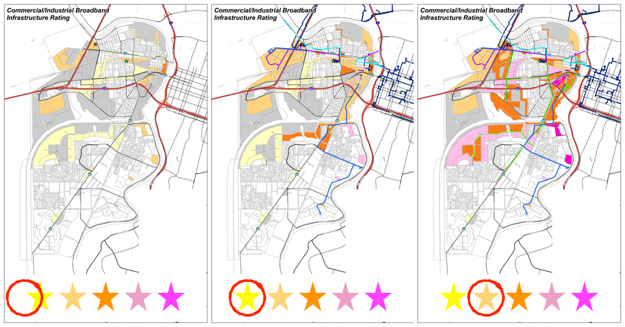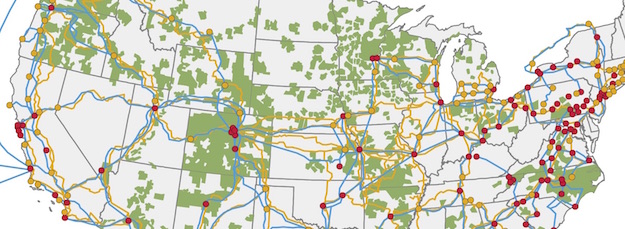AT&T uses federal subsidies to offer expensive, slow broadband

Never give a sucker an even break.
AT&T’s federally subsidised wireless Internet service is costly, compared to what wireline customers pay. The fixed wireless service has supposedly been offered in Georgia for a couple of months, and AT&T announced it was expanding it to rural customers in eight more states immediately, with nine others, including California, slated to get it by the end of the year. It’s difficult to tell whether or where AT&T is actually delivering it, though.… More

![By 2010_mavericks_competition.jpg: Shalom Jacobovitz derivative work: Brocken Inaglory ([[User talk:Brocken Inaglory|talk]]) [CC BY-SA 2.0 (https://creativecommons.org/licenses/by-sa/2.0)], via Wikimedia Commons](https://www.tellusventure.com/images/2017/7/wave.jpg)
![By 401(K) 2012 [CC BY-SA 2.0 (https://creativecommons.org/licenses/by-sa/2.0)], via Wikimedia Commons](https://www.tellusventure.com/images/2017/5/piggy_bank.jpg)
![See page for author [CC BY 4.0 (https://creativecommons.org/licenses/by/4.0)], via Wikimedia Commons](https://www.tellusventure.com/images/2015/3/reach.jpg)





